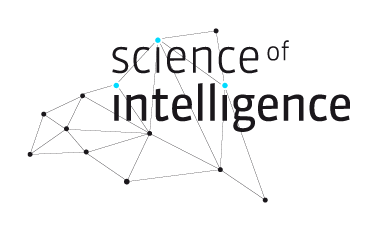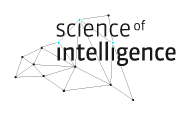
Principal Investigators:
Ingo Schulz-Schaeffer
John-Dylan Haynes
Team members:
Dafna Burema (Postdoctoral researcher)
Mattis Jacobs
Rainer Mühlhoff
Ethical implications and debates on analytic and synthetic intelligence
Research Unit 4, SCIoI Project 19
SCIoI’s research will be confronted with an ongoing and extensive public debate, which results mainly from concerns about the growing ability of algorithms (in software and robotic systems) to become decision-makers and actors in all spheres of human life. Since SCIoI is basic research, most of its societal impacts will become apparent only in the (distant) future. Hence, every ethical reflection on societal impacts is subject to the Collingridge dilemma (Collingridge, 1980): In the early research process, predictions about the impacts of future technology are difficult. They only become more reliable when the technology has been extensively developed and is widely used. By then, however, any control or change is difficult, as the technology has already become entrenched.
In order to escape this dilemma, SCIoI implements ethical reflection as part of a responsible research and innovation (RRI) strategy. RRI itself is still in the process of developing its core concepts and methodology. So far, the focus of RRI has been primarily on applied research in key application areas such as information and communications technology (ICT), energy, nanotechnology, and synthetic biology. This project breaks new ground by transferring RRI to basic research, with a direct integration of ethics and technology-assessment (TA) experts into laboratory practices, and by exploring RRI within the area of robotics and intelligence research.
The aim is to take care of the future products of SCIoI’s research through a collective stewardship of analytic and synthetic researchers, ethicists and TA experts in order to make the overall research process more anticipatory, reflective, deliberative, and responsive (Owen et al., 2013). As a structural starting point, ethicists and TA experts are directly embedded in the laboratory teams to bring more reflective capacity into the practice of science and to kick-off a mutual learning process right from the beginning (Fisher et al., 2006; Van der Burg and Swierstra, 2013).

